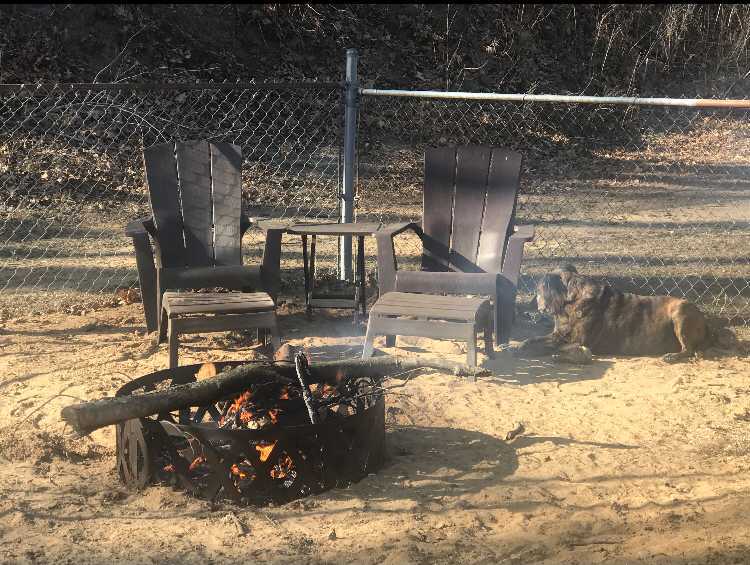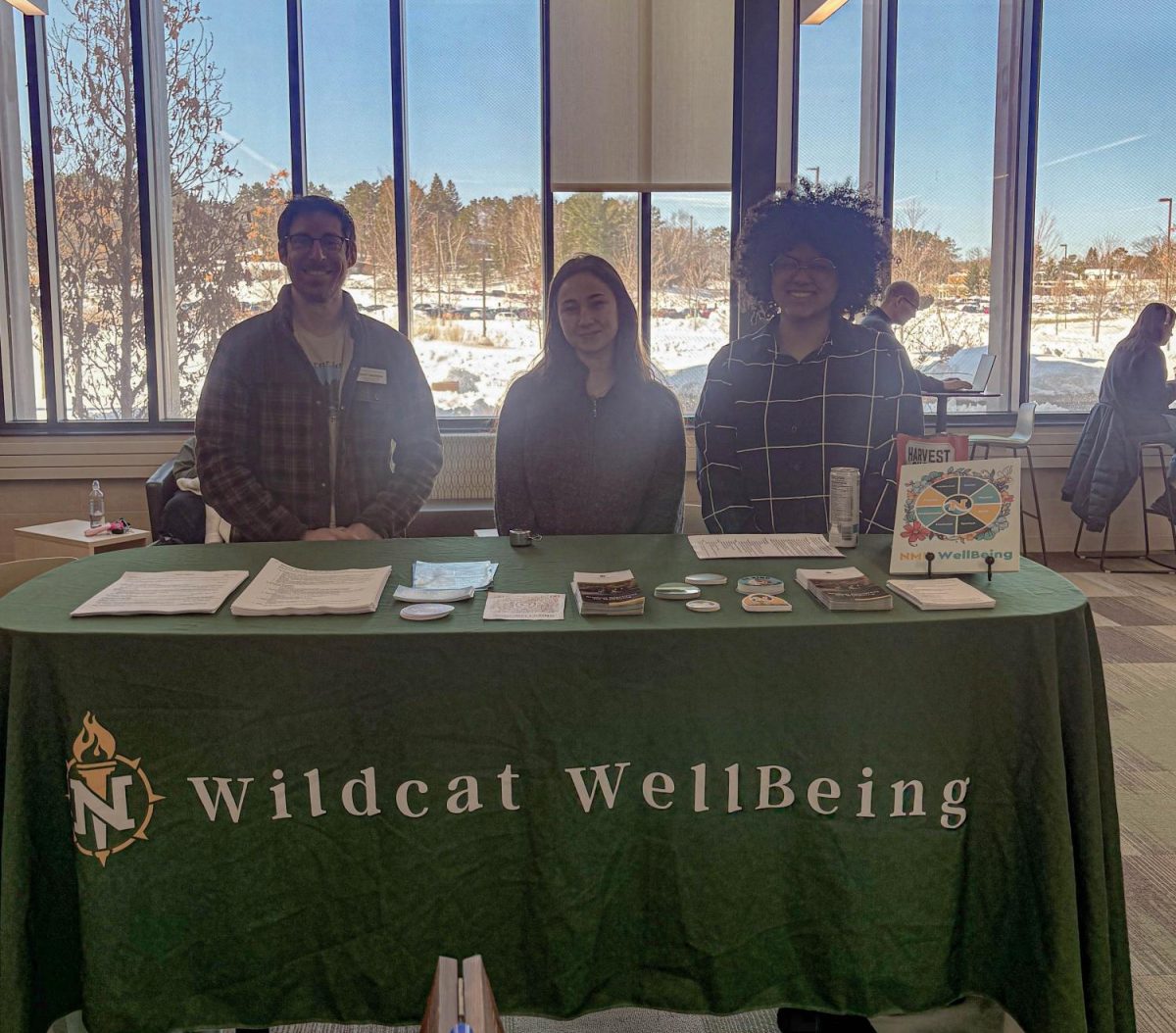On Thursday, March 25, Campus Recreation will be hosting a virtual event that aims to teach students about Leave No Trace fire building. The event focuses on how to build a fire in the outdoors and follow the Leave No Trace guidelines in order to keep the environment healthy and reduce impact.
With many students going on hikes every week, the environmental impact can be significant. In order to maintain the trails and campgrounds everyone enjoys visiting, it is important to consider the waste brought into the wilderness and recreational areas. Brenna Dill, senior Outdoor recreation leadership management major, and organizer of the LNT fire building event discuss the principles of Leave No Trace.
“It is a set of principles that offer a framework for participating in outdoor activities. These principles not only apply to travel in the backcountry but also to everyday life. There are seven leave no trace principles that cover several areas to help minimize your impact. The principles are to plan ahead and prepare, travel and camp on durable surfaces, dispose of waste properly, leave what you find, minimize campfire impacts, respect wildlife, and be considerate of another visitor,” Dill said.
The event focuses on minimizing campfire impacts. With nicer weather coming, people often want to have more fires. Sometimes a fire pit isn’t readily available, but Dill aims to teach participants how to make a fire without damaging the surrounding wilderness.
The Leave No Trace website recommends using previously constructed fire pits if possible. The website also asks for outdoor enthusiasts to consider fire danger in that particular location, administrative restrictions, skills of the individual to create a fire, as well as not packing in wood from other locations to burn in a pit where it may not be native.
What Leave No Trace offers is a means to be proactive, rather than reactive. By taking preventative action before a trail is eroded, or fire becomes out of hand, wildlife is saved, as well as time, money, and wilderness areas, according to lnt.org. Dill urges students to be more aware of their waste and to take pictures rather than rocks or other parts of the environment.
“Students should care about LNT because it’s a good practice to get into and if they help keep the places they like to go clean and preserve this beautiful area we call home. Everyone can enjoy it and we all benefit,” Dill said. “Think about your actions to minimize campfire impacts. And always respect wildlife. Help keep them wild by not feeding them.”
THe LNT fire building event is a part of the Winter UP series, a series of events running until April. More on the Winter UP series can be found at Thenorthwindonline.com.
To register for the event, visit the NMU Hub listing. The NorthWind has reached out to the event runners, this article may be updated with further event information when a response has been received.


























